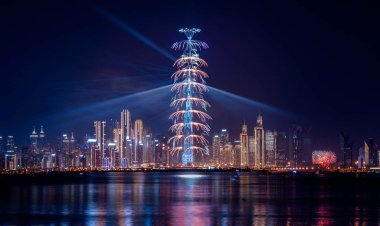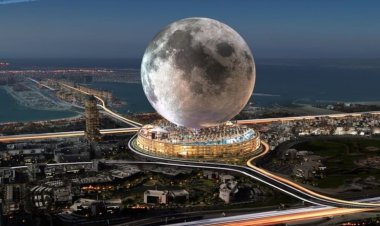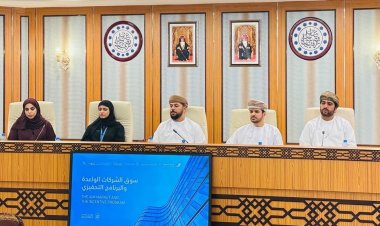Abu Dhabi Among The World’s Top 20 Smart Cities

October 31 marks World Cities Day, an annual event designated by the United Nations to highlight sustainable urban development and the exchange of best practices among global cities. This year’s theme, “Human-Centered Smart Cities,” emphasizes that technology should exist to serve people enhancing well-being, safety, and overall quality of life. Within this global context, Abu Dhabi has emerged as a leading example, successfully combining rapid technological advancement with a human-centered approach to urban living and city management.
Abu Dhabi’s global recognition reflects the success of its vision to build a smart, sustainable, and people-focused city. The emirate was ranked the world’s safest city for 2025 by the Numbeo Index, maintaining the top position for the seventh consecutive year thanks to its robust safety standards and integrated security systems. It also ranked among the world’s top 20 smart cities in the IMD Smart City Index, excelling in digital transformation, government efficiency, and innovative city management. These achievements prove that Abu Dhabi’s smart city journey extends beyond technology it is about improving quality of life for all residents.
A pioneer in the region, Abu Dhabi has adopted artificial intelligence (AI) and the Internet of Things (IoT) to manage public facilities, parks, and government buildings more efficiently. The Abu Dhabi City Municipality introduced AI-powered inspection robots equipped with environmental sensors to monitor air quality, track park usage, and detect violations, thereby improving public service delivery. Predictive analytics are also being used to optimize the management of energy and water systems, boosting efficiency in line with the emirate’s sustainability goals.
Masdar City stands as a shining example of Abu Dhabi’s long-term commitment to sustainability and innovation. As the region’s first fully integrated urban community founded on circular economy and clean energy principles, Masdar City employs smart systems for energy conservation, mobility, and waste management. Initiatives such as the Smart Cities Lab and the Abu Dhabi Innovation Accelerators encourage collaboration between government entities, the private sector, and residents to co-develop practical, community-driven urban solutions.
In the area of smart mobility, Abu Dhabi continues to push boundaries. The Integrated Transport Centre (ITC) has launched pilot projects featuring autonomous vehicles on Yas Island and Saadiyat Island, testing the real-world potential of AI-driven transportation. These vehicles utilize advanced perception systems to recognize traffic signals, avoid obstacles, and safely interact with pedestrians and other vehicles, enhancing safety while reducing environmental impact.
The Abu Dhabi Smart City Strategy 2030 integrates technology with human-centered governance, ensuring that innovation remains focused on improving people’s lives. Through inclusive digital platforms, residents can actively participate in shaping urban development. A standout success of this vision is the TAMM platform, which offers residents and businesses a unified digital portal for completing hundreds of government transactions from vehicle licensing to housing services. This initiative has reduced paper use by over 90 percent, reinforcing the emirate’s goal of becoming a sustainable, digitally empowered capital.
Artificial intelligence also plays a key role in Abu Dhabi’s traffic and energy management systems. AI-powered traffic networks monitor road activity in real time, enabling faster responses to incidents and reducing congestion across the city. These initiatives complement the Sustainable Energy Strategy, which encourages the adoption of electric and hybrid vehicles and the expansion of smart charging infrastructure all in support of the UAE’s Climate Neutrality Goal for 2050.
Together with Dubai, Abu Dhabi represents a unique UAE model for smart city development, where technology is harnessed to serve people and promote sustainable progress. Initiatives such as Smart Dubai, the Paperless City program, and the Autonomous Transportation Strategy 2030 demonstrate the nation’s unified vision of building future-ready, sustainable cities driven by innovation and inclusion.
Ultimately, Abu Dhabi illustrates that a truly smart city is not defined by the number of technologies it adopts but by how effectively it enhances human life, well-being, and happiness. Its balance of innovation, sustainability, and community engagement positions the emirate as a global benchmark for the next generation of human-centered smart cities.























